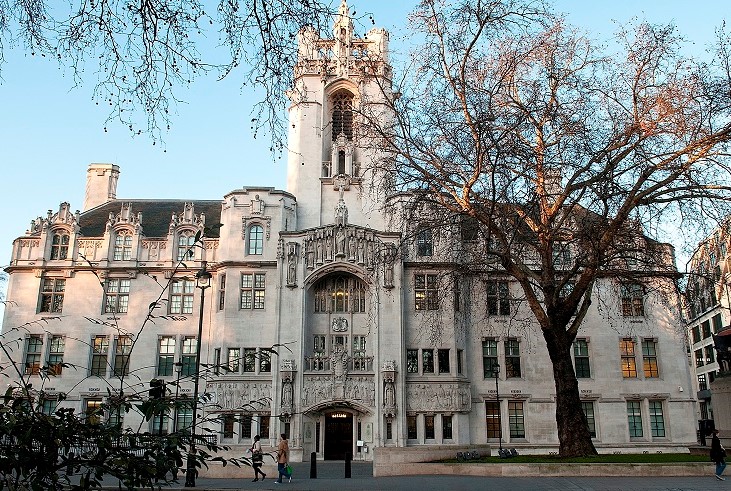Appeal court win for company directors

The UK Supreme Court recently dismissed a claim for a law change that would force company directors to take creditors into account at the first sign of insolvency.
Instead, the Supreme Court upheld the current law. As a result, directors only need to prioritise creditors when company insolvency is highly likely. Under the current ruling, company directors do not have to act immediately. A director’s duty to creditors only triggers when a company:
- Becomes insolvent
- Is on the brink of insolvency
In a recent case, debt collector BTI filed a lawsuit against Scottish paper maker Sequana.
Supreme Court blow for creditors
The action sought to reclaim a £188m dividend paid to Sequana by subsidiary company AWA. Although AWA was solvent at the time, the company had long-term pollution liabilities, which made insolvency a likely outcome.
BTI brought a claim against the AWA directors who allowed the payment. They argued that by making the payment, the directors had breached their duty to protect creditors’ interests. BTI’s appeal was, however, dismissed.
The Supreme Court ruled that considering the circumstances when AWA paid the dividend, the company’s directors were not obliged to:
- Consider creditors
- Act in creditors’ interests
Pro-director ruling
The Supreme Court’s findings should please directors as they suggest that creditors only need to be considered if:
- Insolvency is imminent
- It becomes more likely than not the company will become insolvent
However, this move will annoy creditors who may justifiably argue the ruling:
- Ignores the risks creditors face
- Gives directors a licence to do as they please
And there is one important question: how does anyone determine when a company is on the brink of insolvency? The Supreme Court’s ruling did not specify. The precise moment that triggers this duty remains unknown and seemingly at the discretion of directors.
The Grim Truth for Loan Note Holders -79th Luxury Living Six Ltd (LL6)
No assets or safeguards. No clear path to recovery. If you’re one of the many investors who entrusted your money to The 79th Group’s loan…
Read MoreOverdrawn Directors’ Loan Accounts: How to Avoid Trouble
Many company directors borrow money from their businesses through what’s known as a director’s loan account (DLA). In principle, there’s nothing wrong with this, so…
Read MoreDebt Assignment Explained: A Strategic Tool for Creditors
In today’s volatile commercial landscape, unpaid debts can severely undermine cash flow, disrupt operations, and threaten the survival of a business. For creditors facing non-performing…
Read MoreThe 79th Group Administration: What It Means for Loan Note Holders
As The 79th Group enters administration, many loan note holders are left uncertain about what this means for their investment. What happens to the money?…
Read More



